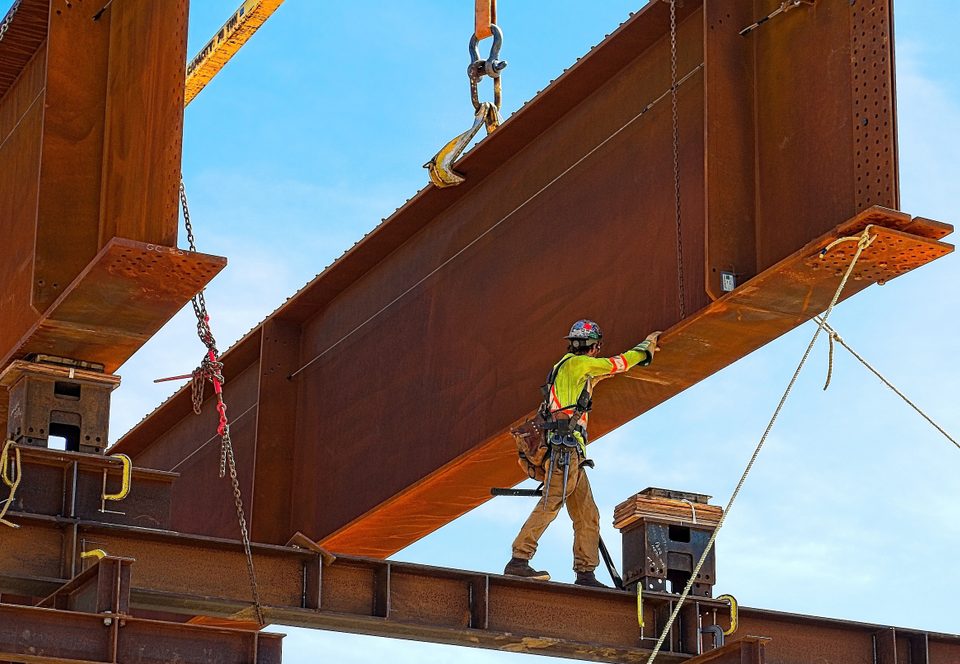Common Steel Alloying Element Basics

Why Steel is the Greenest Building Material
August 22, 2017
Considerations for Carbon Steel Welding
September 8, 2017Part of what makes steel and other metals so valuable is their ability to interact with various alloying elements. These elements interact with steel to alter its mechanical and chemical properties, with the goal of achieving advantages that traditional carbon steel might not.
At Wasatch Steel, our technicians are very familiar with all the common steel alloying elements you might come across in your work. Here are five of the most common, and how they can benefit steel.
Chromium
When chromium is added to carbon steel at any percentage greater than 11 percent, this creates stainless steel. As the percentage of chromium increases, the corrosion resistance of the metal also increases exponentially, and iron oxidation is prevented in many conditions. Chromium oxidizes first, providing a protective layer over the steel.
Chromium can also improve mechanical properties, such as length, hardness and heat treatability.
Vanadium
Vanadium is meant to help control the grain size of steel. It keeps it small based on carbides that form when vanadium is added to steel, blocking the formation of these grains. Finer grain structure leads to increased ductility, and can often increase the hardness and strength of the steel.
Nickel
Due to its quality as an austenite promoter, nickel is used to manufacture austenitic stainless steels. It involves the use of chromium around 18 percent or greater on steel with a nickel composition over 8 percent. This combo will be extremely corrosion-resistant, and is one of the most commonly-used out there. Nickel can also improve toughness and impact strength.
Manganese
Manganese is used during the heat-treating process, particularly when steels are heated and quenched. The faster the quench takes place, the more unstable the process becomes. Manganese allows a slower quench rate but the same levels of hardness and strength increase, which helps reduce the risk of defects.
Molybdenum
Like chromium, molybdenum affects the corrosion resistance of steel. It increases hardenability, toughness and tensile strength as well. In addition, it can reduce the risk of pitting in steel by improving resistance to chloride-induced corrosion.
Want to learn more about steel alloying elements, or interested in any of our other steel services? Speak to the pros at Wasatch Steel today.



